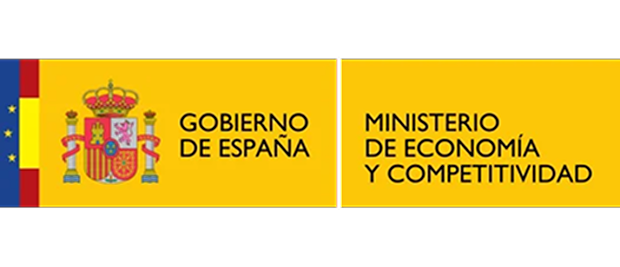Since April 2020, electronic invoicing in Malta has been mandatory for all public sector transactions. In line with the European Directive 2014/55/EU, government entities are required to receive and process electronic invoices that comply with the EN-16931 standard. This regulation was introduced to improve transparency, reduce administrative burden, and ensure cross-border interoperability. As a result, e-invoicing in Malta plays a key role in digital public procurement.
However, unlike other EU countries, Malta does not provide a public portal for suppliers to issue electronic invoices directly to the public sector. Instead, companies must use a Peppol-compliant system to send their invoices. A Peppol Access Point enables organizations to transmit invoices securely and in the correct format. B2Brouter, for example, is a certified Peppol Access Point that helps businesses meet these requirements in a straightforward and reliable way.
This page will guide you through everything you need to know to start sending electronic invoices in Malta. From understanding legal obligations to choosing the right tools, you’ll find practical and up-to-date information to help your business stay compliant and efficient.
Important dates
October 15, 2023:
MITA announced plans to expand CFMS to local authorities, supporting broader adoption of e-invoicing.
June 30, 2025
Expected review of e-invoicing scope for sub-central entities in Malta. No legal obligation has been confirmed yet.
Legislation
- B2G invoicing status
Since April 2020, suppliers must send e-invoices when billing the Maltese government for public contracts.
- Accepted formats
Malta requires e-invoices to follow the EN-16931 European standard, using the Peppol BIS Billing 3.0 format for exchange.
- Delivery channels
Suppliers must send e-invoices through a certified Peppol Access Point—as there is no public e-invoicing portal to do it.
- Regulating authority
The Commissioner for Revenue (CFR) is the official body responsible for tax and e-invoicing compliance.
- Archiving requirements:
Invoices must be stored electronically for at least 10 years to comply with fiscal archiving laws.
EU compliance
Malta follows EU regulations to support standardised and cross-border e-invoicing.
Voluntary B2B use
Electronic invoicing is not mandatory for B2B transactions in Malta but is strongly encouraged.
Post-audit model
Invoices are not validated before submission but can be reviewed later by the tax authorities.
Send e-invoices in Malta securely with B2Brouter
Certified Peppol Access Point
B2Brouter is officially certified to send and receive e-invoices through the Peppol network in full compliance with EU standards.
Seamless ERP integration
Connect your accounting or ERP system easily to B2Brouter to automate invoice creation and delivery without changing your tools.
No technical expertise needed
The platform is designed to be intuitive and accessible—ideal for both tech-savvy teams and users without prior e-invoicing experience.

Certifications
B2Brouter is certified with the ISO 27001 standard on information security management, certified as a Peppol Access Point Service Provider and a member of the EESPA.





